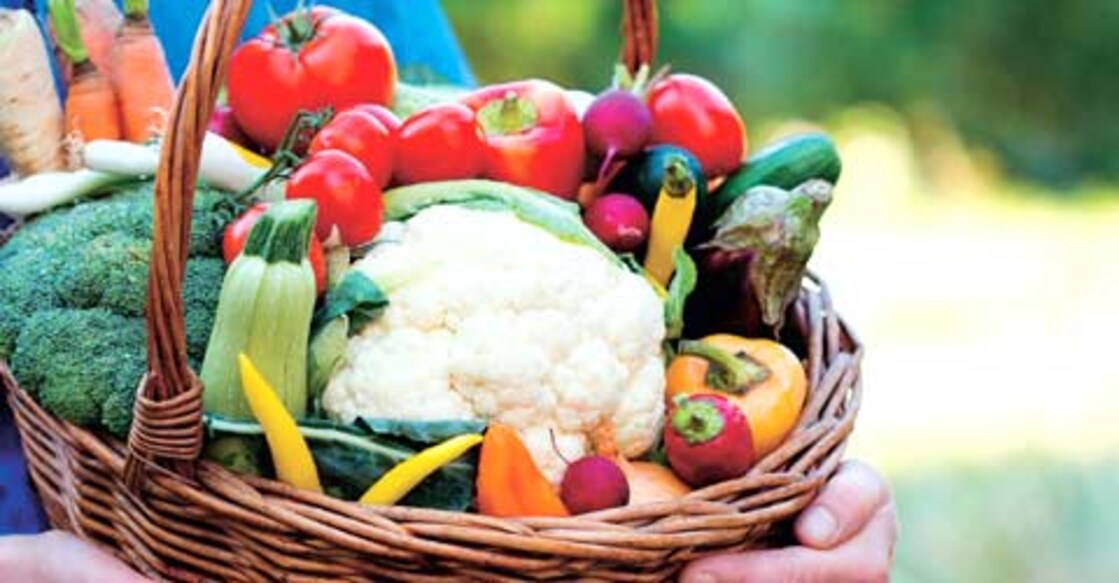Lure of the greens

Mail This Article
Forty per cent of the population in India is vegetarian. Is it by choice, religion or compulsion? It would take days and weeks to debate it out. All Gujarati Hindus and Brahmins are expected not to eat meat or poultry, and so are Jains and Namdharis. The fact is that 28 per cent of the world population is vegetarian. In the US, an estimated 10 million people have turned vegetarian, and about 15 million are interested in becoming one. If majority of the population in the UK was not vegetarian earlier, it probably is now, because of mad cow disease. In Europe, about 2.6 million people have turned vegetarian, and in China there is a significant shift to vegetarianism because of Buddhism. How did westerners turn vegetarians? It is like Parsis eating veggies every day. But, it is happening. The sudden change in the west is mainly because of the need for healthier lifestyles, which call for healthier food choices. It has been proved that, in 60 per cent cases, it is after a medical check-up that most people go on low-carb, no-carb, no-fat or high-protein diet. Raw foods are gaining in popularity. Soya and its derivatives, as well as sprouts, are in vogue because of the increased incidence of lactose intolerance among people. The Chinese and the Japanese might not be quintessential vegetarians, but their daily intake contains a lot of vegetables that provide sufficient nutrients. Today, people want to eat vegetables, which do not necessarily have to come from different corners of the world, but, instead, are produced locally. Organic food is making a big comeback. Since vegetables and fruits are free of fat, sodium and cholesterol, and provide sufficient vitamins and fibres, the question is: why not become vegetarian? Organic vegetables have more nutrients than ordinary vegetables. Organic farming helps conserve water and soil quality, and reduces pollution. The drawback, however, is that organic produce can be a little rough on your pockets. A number of studies have shown the benefits of becoming vegetarian. One study shows that vegetables and fruits increase metabolism, and that vegetarians burn calories faster than meat-eaters. Another fact, which is quite startling, is that 10,000kg of potatoes can be produced in an acre, while the output of meat from the same area may be limited to 100kg. Every acre can feed more vegans than non-vegans. Also, growing 1kg of wheat requires only 50 gallons of water, compared with 2,500 gallons for the same amount of meat. Today, there are different types of vegetarians. There are ovo-vegetarians, who eat eggs but no dairy products, meat or poultry; lacto-vegetarians, who eat dairy products, but no eggs; ovo-lacto vegetarians; and pescetarians, who eat only fish and vegetables. In India, we have Jains, who do not eat onion, garlic, root vegetables or honey. They are true NGOs (no garlic onion people). With more and more people opting for greener pastures, we might be looking at a vegetarian domination. (_Oberoi is grand executive chef at The Taj Mahal Palace, Mumbai_)

